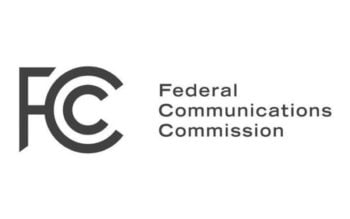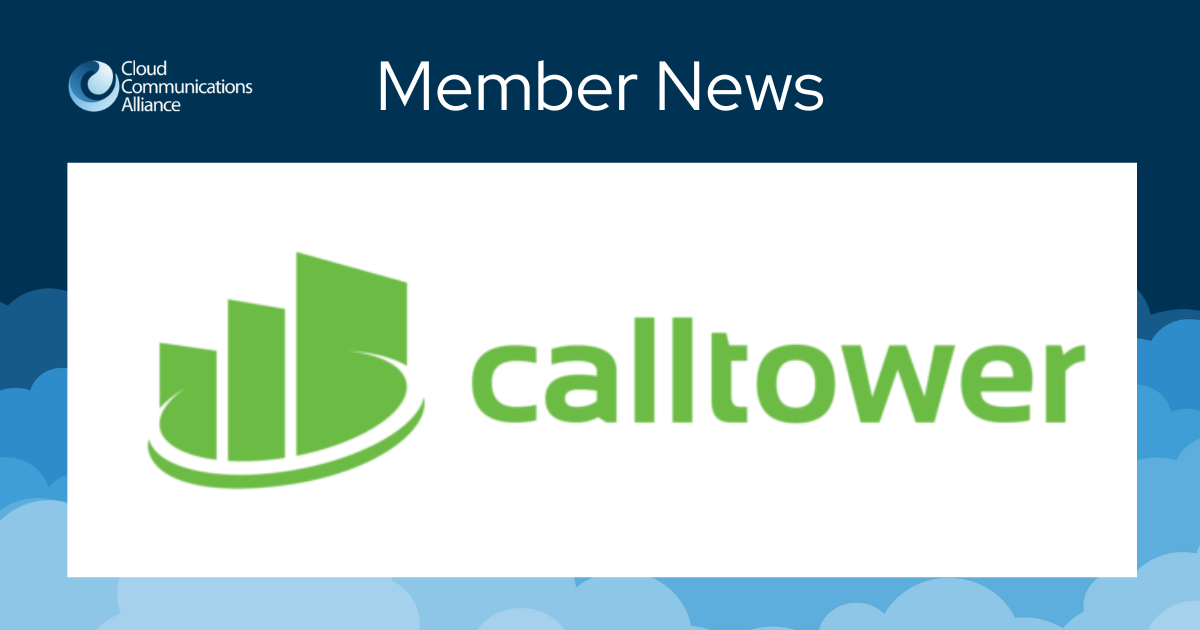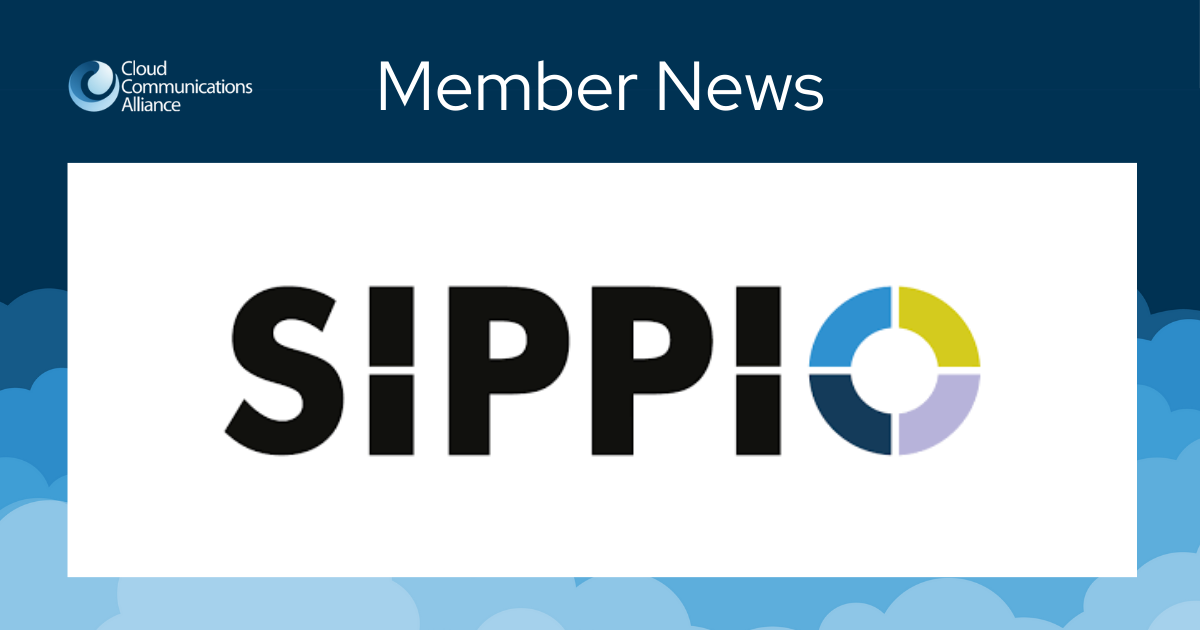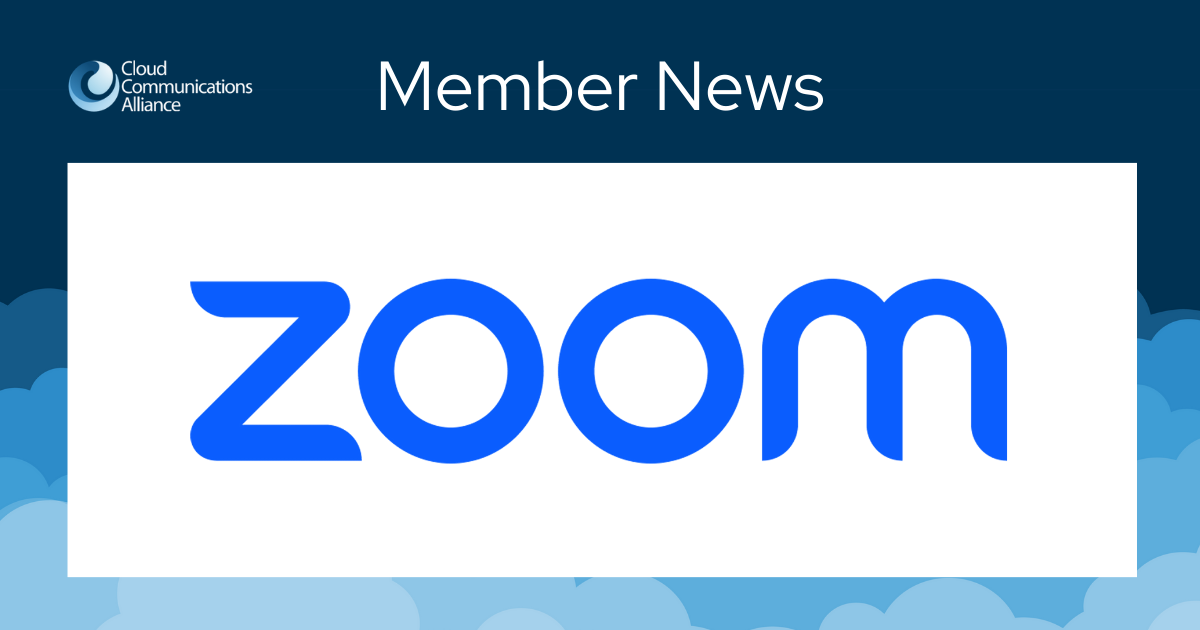The FCC Chairman has issued his blog on the March meeting agenda items. Items of note for CCA membership are below.

FCC Chairman Pai's Blog on the March 31 FCC Open Meeting talked of Robocalls and telephone charges. Here is what he said:
I can announce that meaningful relief is on the way against robocalls.
Because of "spoofed" robocalls, Americans often look at the caller ID information on their phones and are tricked into thinking that the call is from someone in their community—even if it's a robocall from another country. But thanks to caller ID authentication technology known as STIR/SHAKEN, phone companies can verify the accuracy of the caller ID information that is transmitted with a call. Widespread implementation of this technology would help phone companies identify calls with illegally spoofed caller ID information before those calls reach their customers' phones. In other words, you'd have a lot more peace of mind when you pick up the phone.
Last year, I demanded that major phone companies voluntarily deploy STIR/SHAKEN, and a number of them did. But it's clear that FCC action is now needed to spur across-the-board deployment of this important technology. At our March meeting, the Commission will therefore vote on new rules requiring implementation of STIR/SHAKEN by June 30, 2021, a deadline set forth in the TRACED Act, which was recently passed by Congress. Under my proposal, the FCC would also seek public input on additional measures to combat spoofed robocalls, including other measures to implement the TRACED Act.
At our March meeting, we are looking not only to spur the deployment of new technologies to make phone service more consumer-friendly, but also to get outdated and unnecessary telephone regulations off the books. In light of the multitude of options that American consumers now have for voice service, I'm proposing to examine whether certain pricing and tariffing regulations that the FCC imposed on incumbent phone companies when they held a monopoly on local telephone service still make sense today. Specifically, I've circulated a proposal to deregulate and detariff what I'm calling "Telephone Access Charges," which are the last handful of interstate end-user charges that remain subject to FCC regulation. Under this proposal, the FCC would also prohibit all carriers from separately listing these charges—an alphabet soup of charges like the Subscriber Line Charge, the Access Recovery Charge, the Presubscribed Interexchange Carrier Charge, the Line Port Charge, and the Special Access Surcharge—on customers' bills. Eliminating these line-item charges would make it easier for consumers to understand their phone bills and compare prices among voice service providers as well as help ensure that a carrier's advertised prices are closer to the prices that consumers actually pay.


